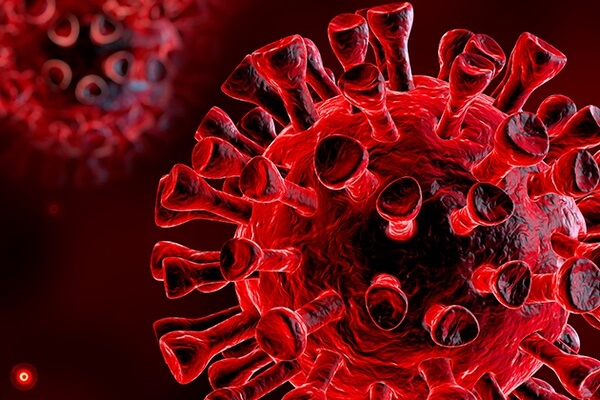COVID-19 & UV Inactivation
Amid the COVID-19 pandemic, many people around the world are asking if UV light can potentially play a role in helping to combat the spread of this virus. These questions are mainly associated with UV light’s ability to treat surfaces, equipment, and devices.
The International Ultraviolet Association (IUVA) – a nonprofit dedicated to the advancement of ultraviolet technologies to help address public health and environmental concerns – has assembled a group of leading experts from around the world to develop guidance on the effective use of UV technology, as a treatment measure, to help reduce the transmission of COVID-19.
The IUVA believes that UV inactivation technologies can play a role in a multiple barrier approach to reducing the transmission of the virus causing COVID-19, SARS-CoV-2, based on current treatment data and empirical evidence. For more information, visit iuva.org/COVID-19.
How UV Light Treats Water
Trojan Technologies designs and manufactures systems that treat water with UV light in the UV-C spectrum – we do not design or manufacture systems or products that treat surfaces or air.
In water treatment applications, UV light provides rapid, effective inactivation of microorganisms through a physical process. When microorganisms are exposed to UV light, they are instantaneously rendered incapable of reproducing and infecting. The process adds nothing to the water but UV light, has no impact on chemical composition or dissolved oxygen content, and does not create by-products.
Microorganisms are inactivated by UV light as a result of damage to nucleic acids. The high energy associated with short wavelength UV energy, primarily at 254 nm, is absorbed by cellular RNA and DNA. This absorption of UV energy forms new bonds between adjacent nucleotides, creating double bonds or dimers. Dimerization of adjacent molecules, particularly thymine, is the most common photochemical damage. Formation of numerous thymine dimers in the DNA of microorganisms prevents replication.
UV light has demonstrated efficacy against microorganisms, including those responsible for cholera, polio, typhoid, and hepatitis.
Featured Posts
La primera planta piloto de reutilización de agua potable en Europa utiliza Trojan UV AOP
Trojan se enorgullece de formar parte del proyecto de purificación de agua AIGUANEIX del Consorci d'Aigües Costa Brava Girona Trojan Technologies se complace en compartir que formamos parte del proyecto piloto de reutilización de agua AIGUANEIX de la Diputació de...
First Potable Reuse Demo Plant in Europe uses Trojan UV AOP
Trojan is proudly part of the Consorci d'Aigües Costa Brava Girona’s AIGUANEIX water purification project Trojan Technologies is excited to share that we’re part of Diputació de Girona and Consorci d'Aigües Costa Brava Girona’s AIGUANEIX water reuse pilot project at...
Trojan Technologies Opens First U.S. Distribution Facility in Grand Rapids, Michigan
On March 3, 2025, Trojan Technologies celebrated the grand opening of its first U.S. distribution center in Grand Rapids, Michigan. This strategic expansion underscores the company's dedication to enhancing customer experience and optimizing the delivery of its...





